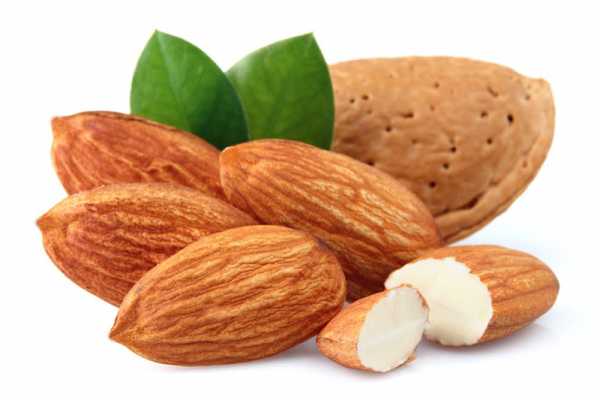
A dry cough is a type of cough that doesn’t produce any sputum or phlegm. Such type of cough is common when you develop a viral infection of the nose or throat. It feels as if something’s stuck in the throat and you cannot get it out even with continuous coughing. A dry, hacking cough may also be the outcome of an exposure to allergens and dusty environments. A random tickle at the back of your throat will also lead to dry cough. Coughing is one of the most common health problems. When there is a blockage or irritant in your throat or upper air passages, your brain thinks a foreign element is present and tells your body to cough to remove that element. Coughing can also be due to a viral infection, common cold, flu, and smoking or health problems such as asthma, tuberculosis, and lung cancer. Some of the symptoms of a cough are itchy throat, chest pain, and congestion.
Instead of turning to chemical solutions for every minor ailment, try some home remedies instead. They are not only better for you, but they taste a whole lot better than most cough syrup too!
1. Honey
–

–
Honey is one of the oldest dry cough home remedies and also one of the commonly used components in cough syrups. It works because of its analgesic properties that eliminate the mucus and soothes your throat. Honey is effective also because it has strong anti-oxidant and anti-microbial properties, both effective for relieving sore throat. Studies, such as one conducted at Penn State College of Medicine, have found that honey can work more efficiently to calm a cough than over-the-counter drugs. It is a rich demulcent, with a high viscosity and stickiness that does an incredible job of coating and soothing those irritated mucous membranes. The ideal way to take honey is by mixing it up with warm milk. This will also go a long way in relieving chest pain you usually feel due to incessant coughing.Take 1 tablespoon of honey 1-3 times daily as needed to control coughing. Take immediately before bed if cough is disrupting your sleep. For children, you can adjust the dosing to 1 teaspoon up to one tablespoon.
2. Lemon
–

–
Lemons can be used in a variety of ways for curing coughs. Lemons have properties that reduce inflammation and also provide a dose of infection-fighting vitamin C.A simple cough syrup can be made by combining two tablespoons of lemon juice and one tablespoon of honey. Drink this healthy syrup several times a day.Another way to use lemons is to blend lemon juice with a little honey and a pinch of cayenne pepper and then drink it.Slice a lemon and sprinkle some salt and black pepper on it. Then suck it quickly.
3. Salt water gargle
–

–
A popular remedy for sore throats, salt water can ease the discomfort caused by a cough the same way it helps a sore throat-through osmosis. When the concentration of salt is higher outside of the cells in your mucous membranes, water flows out of the cells to balance everything out. When water leaves the cells, swelling goes down, and discomfort is decreased. If you have a cough that happens to come along with inflamed tissue, this is a good route to take. It can also help dislodge any phlegm that’s hanging out and allow you to expel it easily.
Mix one teaspoon of salt in 8 ounces of warm water. Take a sip, gargle for 15 seconds, and spit. Take another sip and repeat the same. Be sure to rinse your mouth with plain water afterwards.
4. Almonds
–

–
Some ancient traditions believe almonds help relieve bronchial problems, including coughs. Research has also shown that people who eat almonds as a snack or use almond butter instead of peanut butter can reduce the recurrence of dry coughs throughout the year.Blend a few teaspoons of finely ground almonds with a cup of orange juice and sip this throughout the day as a natural remedy. Seven shelled almonds can be soaked in water overnight. The brown skin can then be removed and a fine paste can be prepared. Butter and sugar can be added to the paste and then consumed orally.
5. Ginger syrup
–

–
Ginger is a natural analgesic, and that’s why it’s a common ingredient in cough syrups and lozenges. It helps soothe irritation and scratchiness caused by sore throat. It also has anti-inflammatory properties and leaves a cleansing effect on your respiratory system. Spicy ginger works as an expectorant, helping loosen and expel mucous from the lungs. It can also stop the painful tickle at the back of throat that can trigger a cough if the first place. The peppermint will also help relieve the irritating tickle of a cough.Boil 3 tablespoons of chopped ginger and 1 tablespoon of dried peppermint in 4 cups of water. Simmer until the liquid has been reduced by half, then strain. Let it cool slightly, then dissolve 1 cup of honey in it. Bottle and take 1 tablespoon every few hours as needed to ease your cough. Keep refrigerated for up to 3 weeks.